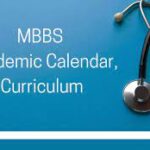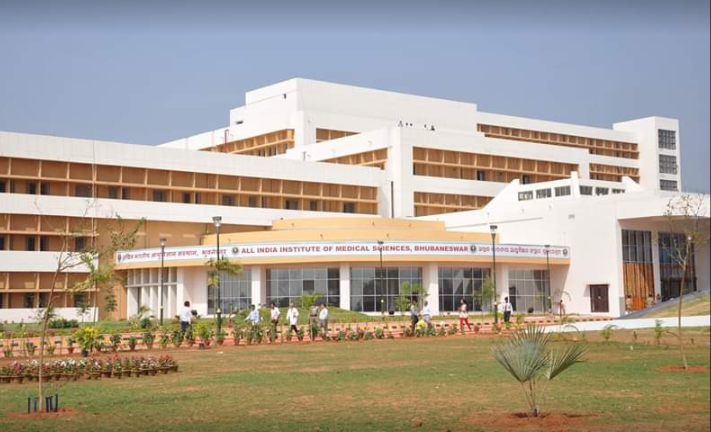Recent noteworthy developments made by the National Medical Commission (NMC) about the NEET UG counselling process. A uniform platform for counselling would be available beginning in 2024 for both State quota and All India Quota (AIQ) seats. The idea of supplemental batches for MBBS students will also be abandoned. With these modifications, the counselling procedure will be streamlined and a more effective and standard approach will be provided for prospective medical students. Let’s look more closely at the specifics.
Graduate Medical Education Regulations (GMER) 2023, new regulations put forth by the NMC, India’s governing body for medical education. These recommendations suggest a standardised counselling process for NEET UG Counselling that covers both AIQ and State quota seats. The main goal is to standardize and streamline the admissions process so that it is more open to students and transparent.
Common Counselling for State Quota and AIQ Seats
The NMC has proposed that counselling for AIQ and State quota seats be performed using a unified platform in accordance with the GMER 2023 criteria. Students won’t have to submit various applications, pay different fees, or register more than once thanks to this strategy. The unified counselling system will simplify everything and give future medical professionals a smooth experience.
Termination of Supplemental Batches
The abolition of supplemental batches for MBBS students is one notable modification brought about by the new standards. Presently, follow-up exams are held six months after the results are announced. The NMC, however, has chosen to do away with this idea. Students who fail their exams will still have the chance to show up for additional exams despite the end of supplementary batches. The NMC has instructed officials to hold these exams three to six weeks after the results are announced. The students can join regular batches during the same academic year thanks to this change.
Present-day Counselling System
For 15% of the AIQ seats, NEET UG Counselling is currently administered by the Medical Counselling Committee (MCC), a central body. The relevant state bodies conduct the counselling for the remaining 85% of seats. Students are required to apply, pay, and register separately for AIQ and State seats under this system. These difficulties will vanish with the implementation of unified counselling, streamlining the admissions procedure as a whole.
Advantages of General Counselling
There are many advantages to using a centralized platform for NEET UG counselling. First off, by doing away with the requirement for separate registrations, fees, and applications for AIQ and State quota seats, it lessens the administrative load on students. Additionally, it promotes equitable opportunity for all applicants by ensuring a fair and open selection process. Common counselling also promotes cooperation between various authorities, improving resource allocation and coordination across medical universities and colleges.
The NMC’s decision to standardise the admissions process and level the playing field for medical aspirants by implementing common counselling for NEET UG admissions beginning in 2024 is a significant step in that direction. The AIQ and State quota seats’ counselling platforms have been combined, resulting in a streamlined and open admissions process for students. Additionally, the elimination of supplementary batches will make it possible for students who need extra assistance to enroll in ordinary batches during the same academic year. These adjustments will help India’s medical education system become more effective and inclusive.

























